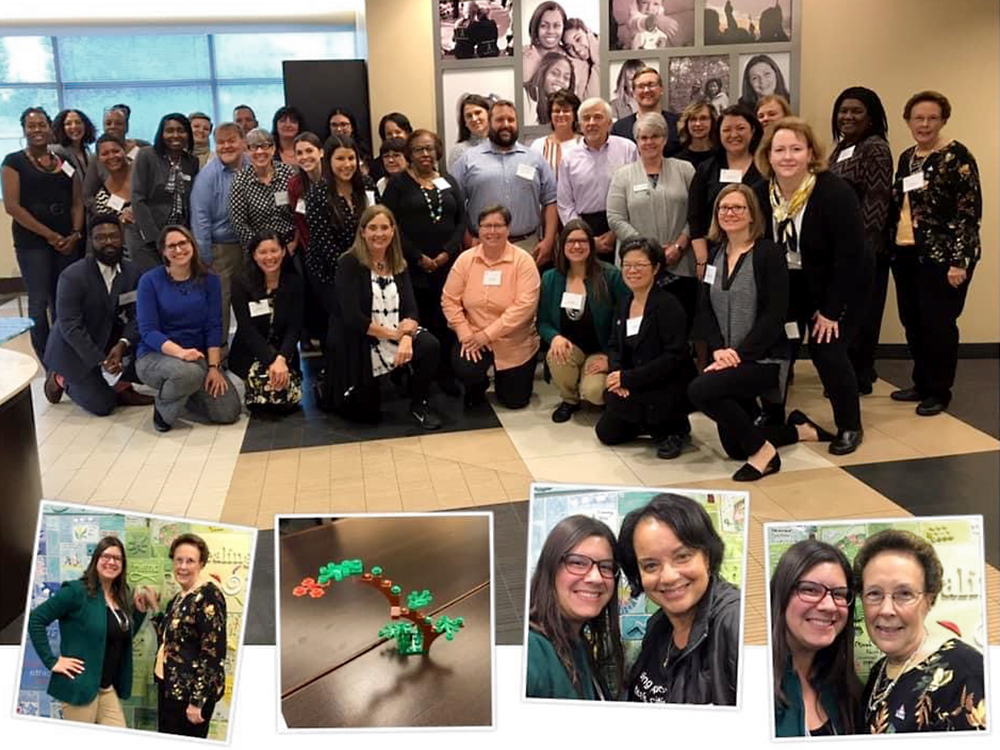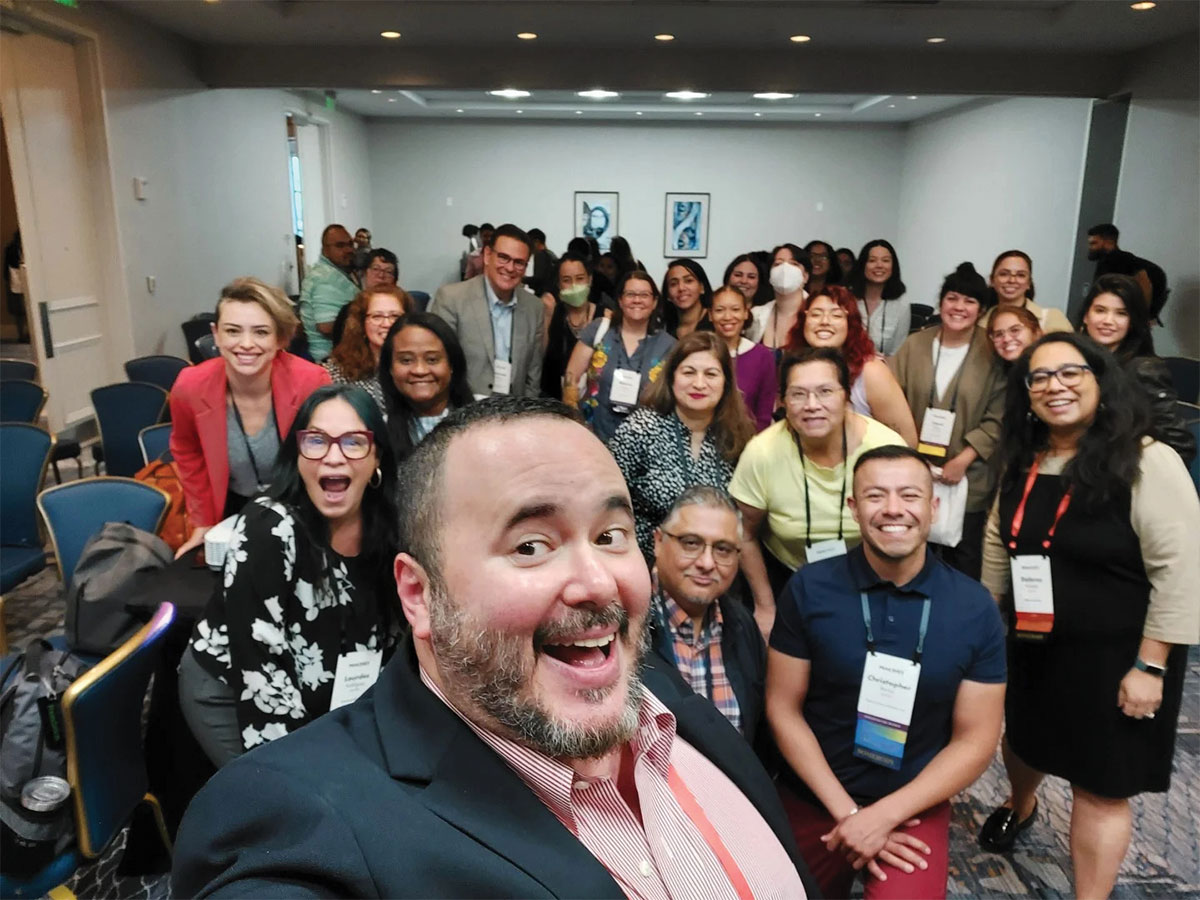
Many grants professionals feel adrift when it comes to charting a professional course in the field. Although the scope of the role has expanded considerably over the years to become a strategic asset to every funder, taking those competencies to move within an organization and throughout the field is far from clear cut. That’s why finding community and learning from the experiences of those who have forged successful careers in philanthropy is critical to bring in and bolster current and future generations of talent–and we are fortunate that our community has been generous in sharing their insights.
This collection of articles written by PEAK members and staff are designed to provide inspiration, confidence, and guidance to help you realize your professional goals. Want more? Click here to read everything PEAK has published on the topic of career development.

The Innate Power of Grantmakers
This roundtable conversation at the heart of the Career Journeys in Philanthropy issue of the Journal reveals how far grants management has come and the ways in which others in the profession can fully leverage the vast possibilities of the role. “Understanding your power and understanding how it impacts outcomes is critical, no matter what your position is,” Tiffany Price, program officer at Pacific Foundation Services said. “It’s also important knowing how you can leverage your role to influence others.”
READ MORE
Advocating for Pay Equity in Grants Management
In this analysis of PEAK Grantmaking’s 2020 Grants Management Salary Report, PEAK Community and Knowledge Manager Chantias Ford observes that compensation practices across the sector are failing to account for the ways in which grants management roles have expanded and have become an increasingly valuable asset to driving better philanthropic practices. “What’s more,” she writes, “the data show inequity within pay bands among people based on components of personal identity. There are also concerning trends across job bands.”
READ MORE
Barriers to Practice Change and Racial Justice
While grants professionals have incredible capacity to lead practice change, they often encounter formidable barriers that prevent them from demonstrating their full potential due to cultural barriers within their organizations. We asked our members to provide anonymous testimony. Read their bold responses.
READ MORE
 A Conversation on Transformational Leadership
A Conversation on Transformational Leadership
In this 2021 interview with PEAK President and CEO Satonya Fair, EPIP Executive director Storme Gray reflects on her own career journey, how she approaches her role, and the personal qualities that are sorely needed in our leaders in order to realize greater diversity within funder organizations at all levels and more inclusive practices to effect positive change within larger communities. “I recognized that the work is less about me and more about the people who came before me who made incremental advances so that I could be here and be bolder,” Gray says. “I stay in this work because I see so many folks who are comrades in arms who are also trying to make change in philanthropy.
READ MORE
Mentoring for a Seat at the Table
Black professionals are underrepresented in the philanthropic field, and as a result, they may experience othering and isolation such that it becomes difficult to see career trajectories in the field. “Mentoring is therefore critical for the survival and growth of Black staffers in the sector,” Steve Casey and Roland Kennedy, Jr. write. “In the face of a layered, philanthropy-wide problem, we believe that mentorship is a key part of the solution.”
READ MORE
 Becoming an Authentic Leader: A conversation with Judy Belk
Becoming an Authentic Leader: A conversation with Judy Belk
In this interview, California Wellness Foundation CEO Judy Belk talks about the soft skills that leaders need to have and the organizational culture conditions that need to be present for people to see how they can build their careers. “We are asking ourselves critical questions about professional development opportunities, coaching, ways to help folks bring their full self into the organization, and what wellness means in terms of balancing work and family demands.”
READ MORE


